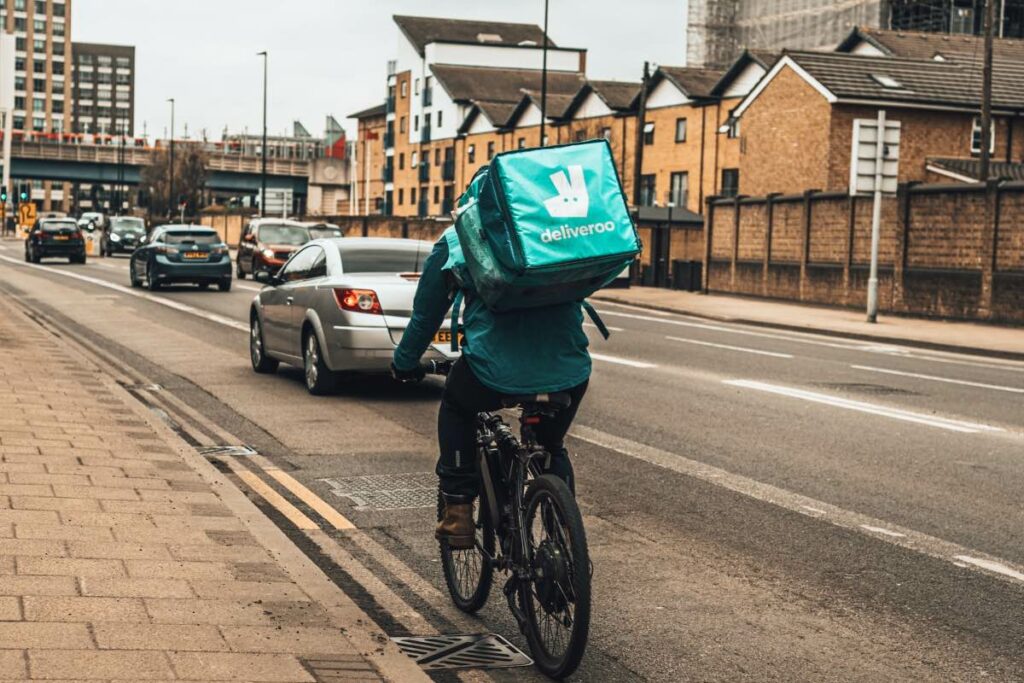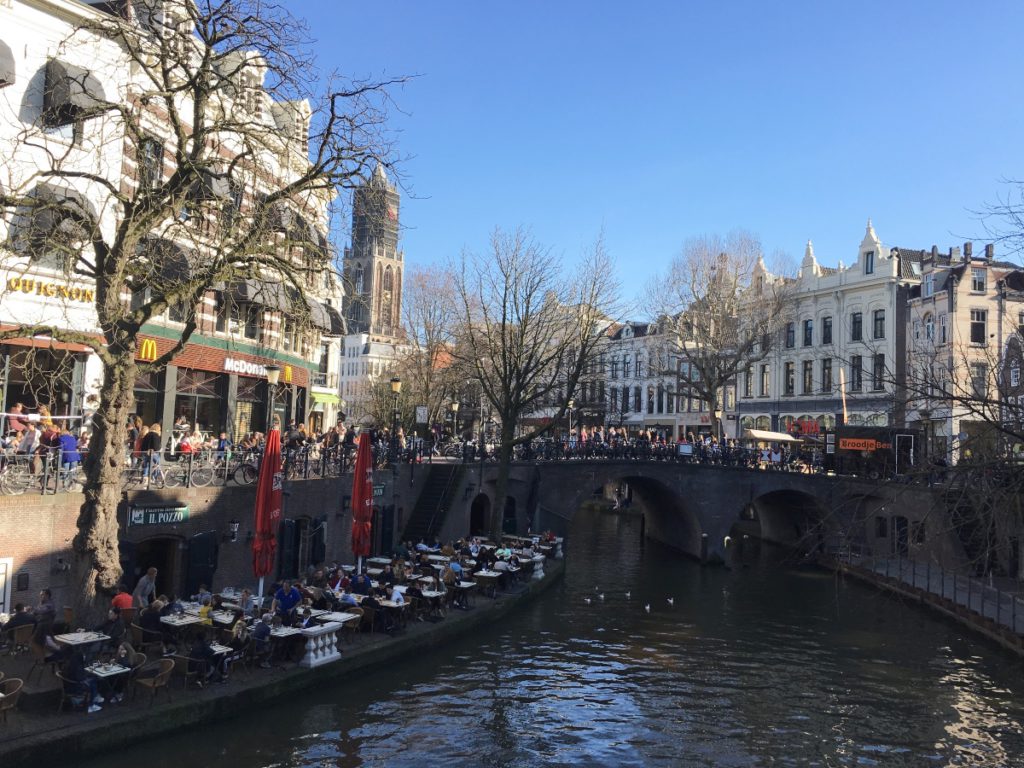If you’re living overseas on a working holiday visa – or another type of visa or residence permit that allows you to work – you may wish to help finance your stay by finding a job. This is also a great way to truly experience what it’s like to live in another country, and depending on where you are, improve your local language skills!
But finding work in another country can be easier said than done. Here are a few tips to keep in mind…
Check what work is permitted with your visa
Some working holiday visas impose a limit on the number of months you can work for a single employer, or occasionally the number of hours you may work per week.
Some countries also do not allow working holiday makers to take up employment in certain fields. For example, the Japanese working holiday visa does not permit work in bars or nightclubs. And the South Korean working holiday visa can’t be used to work in occupations that require specific qualifications such as doctors, lawyers or language instructors.
Be sure to check any rules attached to your visa so you don’t get yourself into trouble down the track!
Adapt your CV to the local market
Not adapting your resume/curriculum vitae for the local job market is a common working holiday mistake.
You might already have a resume for use in Australia, but there might be different customs or expectations of what should be on your resume in other countries. For example, in Germany, a resume should include a photo of yourself in the top-right corner.
If you’ve translated your resume into another language, you should also get it checked over by a native speaker!
Get a local phone number
Buying a local SIM card is one of the first things you should do after moving to another country anyway. There are numerous advantages, including access to cheaper calls and data while you’re in that country.
If you’re looking for a job (or a rental property, for that matter) having a local phone number also adds credibility to your application.
Think about it from your potential employer’s perspective. Would they offer a job to someone who lists an overseas phone number on their resume? Probably not as (a) they might not be able to contact you, and (b) it makes it look like you don’t live in the country or will only be staying for a very short time.

Look where the locals look for jobs
Each country has its own versions of websites like SEEK and Jora, where many available jobs are listed. Find out what they are in your location.
Use a recruitment agency
You may find it easier to use a recruitment company to find a temporary job. They might charge a fee for this, but could also save you a lot of time and hassle.
In some countries, there are agencies that specialise in finding work for backpackers and/or expats. There are also companies that assist Australian backpackers with moving overseas, including providing pre-arranged work with a known employer at the destination. These companies charge fees for their services, but they do take a lot of the hard work and challenge out of moving abroad.
Ask on Facebook groups
There are lots of destination-specific Facebook groups out there for expats and/or Australians living in a particular city or country. If you’re looking for work, you might want to ask around on a suitable group where these kinds of questions are encouraged. Potential employers may also post job advertisements on Facebook groups.
Consider different types of jobs
It’s possible that you might not be able to find work overseas in your normal field of expertise. That’s OK! The main point of a working holiday is to challenge yourself and experience something different. So why not look for a job that’s completely different to what you did back home?
Even if you end up waiting tables, flipping burgers or gardening (and there’s absolutely nothing wrong with any of those things!), remember that it’s only temporary. Try to keep an open mind and make the most of any opportunities that arise!
Get a “gig economy” job
“Gig economy” work could be a good backup option.
Working as an Uber driver, food delivery rider or completing odd jobs on Airtasker may not be glamorous or secure, and the pay might not be that high. But the “barriers to entry” are fairly low and you have the opportunity to work as little or as much as you want.

Work remotely
If you have skills that are transferrable to a job where you can work online, you might not necessarily have to work in a job that requires you to physically be in any particular location.
Remote work is now more common than ever, particularly after the COVID-19 pandemic. It’s so common, in fact, that new digital nomad visas seem to be popping up every month.
What if you don’t speak the local language?
If you only speak English, and you’re in a country where a language other than English is spoken, this obviously presents an extra challenge.
If this applies to you, working for a business that caters mostly to English-speaking tourists or clients could be a good option. For example, you might find work in a hostel, bar, tourist attraction or as a tour guide.
Many hostels also offer “work for food and accommodation” arrangements designed for backpackers who want to stay for free in exchange for working a few hours each day.
In some countries such as the Netherlands, Denmark or Sweden, English is so widely spoken anyway that you may not have much trouble finding work at a restaurant or hotel – even if you only speak a little of the local language. But it depends where you are.

Teaching English, either online or in person, could be another way to utilise your English language skills and finance your holiday.
Either way, you’ll likely get a lot more out of your working holiday if you enrol in some classes and learn some of the local language. The time you spend living overseas is a perfect opportunity to do this! But a lack of fluency in the local language doesn’t necessarily have to stop you from finding a job.
Matt is the founder of Working Holidays for Aussies. Passionate about travel and always looking for great deals, he believes that a gap year is the perfect opportunity to immerse yourself in another culture and learn all the things they didn’t teach you in school!
Originally from Australia, Matt has travelled to over 100 countries, lived in 7 countries, and has extensive real-world experience with working holiday visas.












